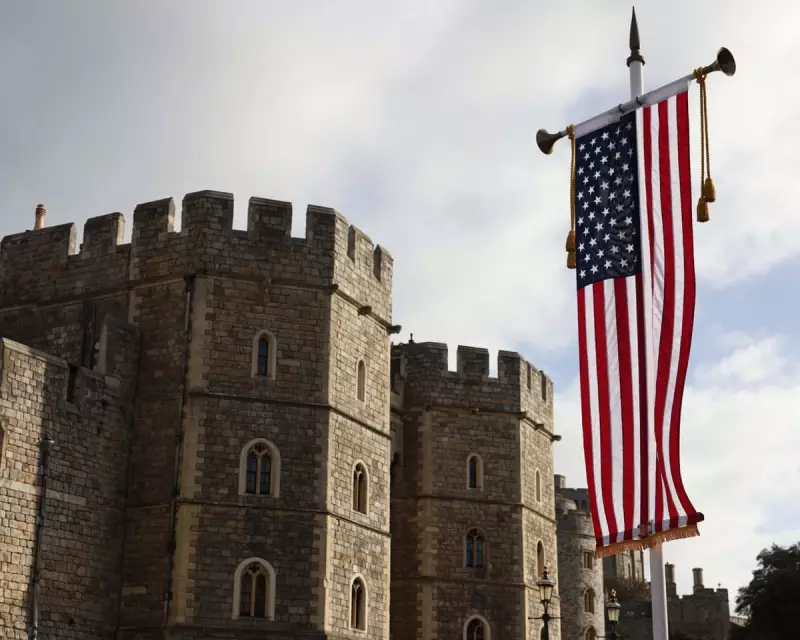
The meticulously choreographed rules of British statecraft were unceremoniously cast aside this week as Donald Trump’s whirlwind visit to the UK redefined what a modern state visit entails. The former and potential future US President delivered a masterclass in a new, brash form of transactional diplomacy, leaving analysts and officials grappling with the aftermath.
A Spectacle Over Substance
From the moment he touched down, the trip was orchestrated around Trump’s unique political brand. The visit was conspicuously light on the traditional formalities that usually define such occasions. Instead of quiet diplomatic consultations, the agenda was dominated by large-scale public engagements and media spectacles designed for maximum impact.
Key moments that would typically be private were thrust into the public eye, breaking with decades of established protocol. The visit felt less like a diplomatic mission and more like a campaign rally on an international stage, blurring the lines between state business and personal political ambition.
Sunak's Calculated Gambit
For Prime Minister Rishi Sunak, hosting Trump was a high-stakes gamble. Aligning with such a divisive figure carries significant political risk, yet the potential rewards of securing a strong relationship with a man who might once again occupy the Oval Office were deemed too great to ignore.
Behind the scenes, the British government appeared to adopt a strategy of accommodating Trump’s preferences, prioritising the maintenance of a functional dialogue over strict adherence to custom. This pragmatic, if uncomfortable, approach highlights the UK's precarious position as it seeks to navigate a volatile global landscape and strengthen its transatlantic ties.
The Lingering Aftermath
The long-term implications of this visit are yet to be fully understood. It has undoubtedly set a new precedent, demonstrating that the traditional 'rules of the game' can be rewritten by a sufficiently powerful and willing actor.
Critics argue that this undermines the very foundations of diplomatic decorum and signals a move towards a more volatile, personality-driven international order. Supporters, however, may see it as a necessary disruption to outdated models of state interaction.
One thing is certain: the playbook for a UK state visit has been permanently altered. As the world watches the unfolding US election, British policymakers are left to ponder the future of a relationship that has entered deeply uncharted territory.





